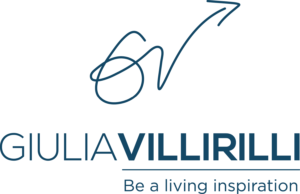
“Effectiveness, in other words, is a habit; that is, a complex of practices. And practices can always be learned. Practices are simple, deceptively so. But practices are always exceedingly hard to do well. They have to be acquired, as we all learn the multiplication table; that is, repeated ad nauseam until “6×6=36” has become unthinking, conditioned reflex, and firmly ingrained habit. Practices one learns by practicing and practicing and practicing again.” – Peter Drucker, The Effective Executive
During a winter lunch break on my own, I read again some pages of the insightful book of P. Drucker. His view made me dream of a better self, leading to a new life where I could behave in an improved way and inspire others.
Effectiveness, in P. Drucker’s view, is essential for one own’s self-development and, subsequentially, for the development of organizations and societies. Consequently, essential for leaders.
The word effectiveness stems from the Latin word efficere, that means “to produce an effect”, or “to have the power to get to a desired result”. It means to be able to be successful under “real-life” conditions.
According to P. Drucker, the effective executive masters five habits of the mind:
#1 – know where the time goes – measuring time and managing it
#2- focus on outward contribution – “what results are expected of me?”
#3 – build on strengths – making strengths productive for best effect
#4 – set priorities – do first things first, and second not at all
#5 – make effective decisions – take the right steps in the right sequence
What struck me while reading, was the accent on practice. Practice makes perfect, we all know this saying; and yet, many of us struggle with constant practice and consolidated habits. When we look at leaders, we often tend to think that they are born like that. The truth is that they may have talent, but surely enough, thousands of hours of practice as well.
Personally, I was able to experience journaling with no interruption for 1244 days. This practice enabled me to observe my feelings and cultivate gratitude. I was extremely proud of myself during that time and each year I celebrated my achievement in a different way. Daily practice may not be as visible as other achievements, but on the long run it represents a remarkable success towards effectiveness.
Which practice do you want to implement in the next months? What would help you to sustain it?
